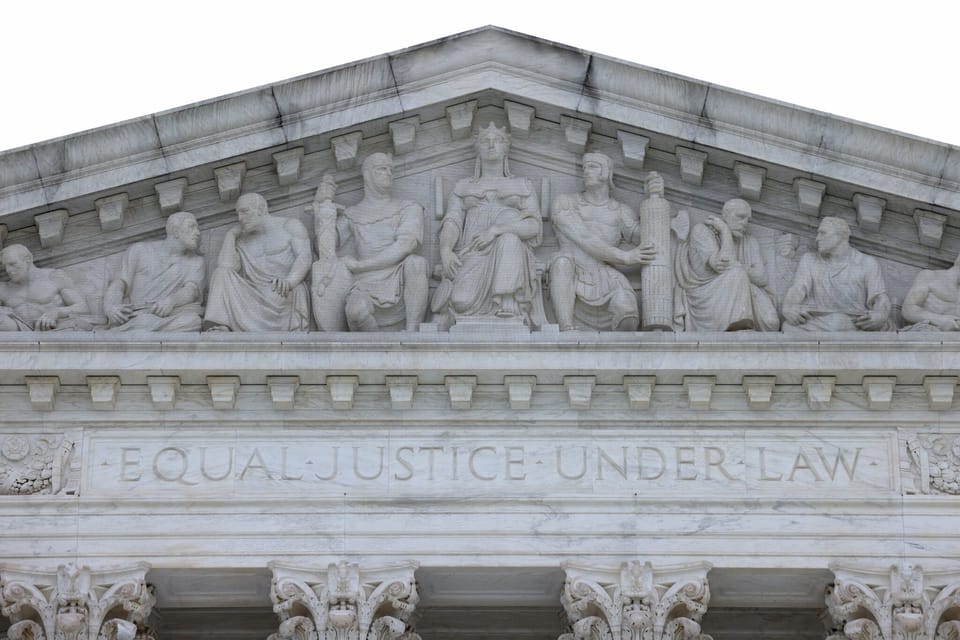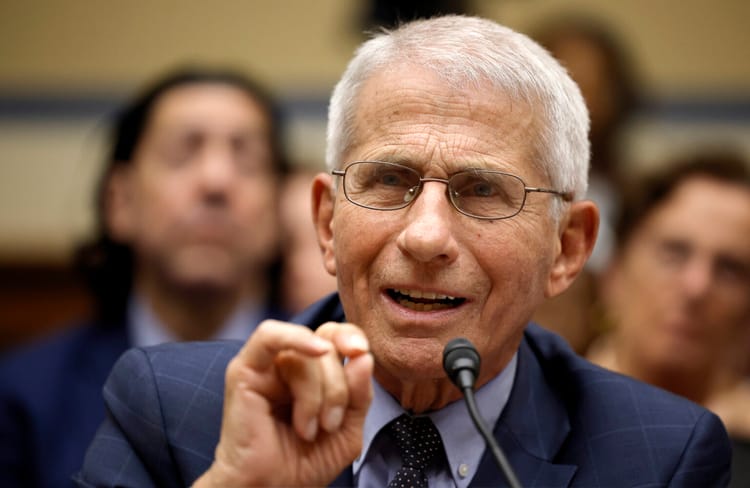700,000 Minnesotans just got poorer

By Christopher Ingraham, Minnesota Reformer
The U.S. Supreme Court has overturned President Joe Biden’s student debt forgiveness plan in a 6-3 ruling handed down on the last day of the term.
Writing for the conservative majority, Chief Justice John Roberts argued that the HEROES Act passed by Congress in the wake of the Sept. 11 attacks “allows the Secretary [of Education] to ‘waive or modify’ existing statutory or regulatory provisions applicable to financial assistance programs under the Education Act, not to rewrite that statute from the ground up.”
Last fall the federal Department of Education estimated that more than 700,000 Minnesotans were eligible for the program, which would have canceled up to $10,000 in debt for individual borrowers making less than $125,000 a year, or households earning less than $250,000. Federal Pell Grant recipients could have had an additional $10,000 wiped out, for a total of $20,000 in debt relief.
By January, more than half a million Minnesotans had applied or were deemed automatically eligible, according to a White House estimate, and more than 300,000 of their applications had been sent to loan servicers for discharge.
But now none of that is going to happen.
Minnesota Republicans cheered the move. “Biden’s unconstitutional plan to cancel student loan debt was a slap in the face to the majority of Americans who did not go to college or already paid off their debt,” said U.S. Rep. Pete Stauber.
“Biden’s student loan scam would’ve bailed out the wealthy while forcing taxpayers — including those who didn’t go to college — to foot the bill,” said House Majority Whip Tom Emmer.
But the borrowers eligible for loan forgiveness were, by and large, from low-income families. An analysis by Politico earlier this year found that “more than 98% of applications came from ZIP codes where the average income is under $75,000,” and “about two-thirds were from neighborhoods with an average income below $40,000.”
“This court with a single decision has transferred $1.6 trillion back onto the shoulders of the working and middle class,” said DFL U.S. Rep. Ilhan Omar. “This will prevent Americans from opening businesses, from starting families, paying rent, and paying medical bills.”
Those families now find themselves on the hook for tens of thousands of dollars that would have been forgiven if the Supreme Court hadn’t ruled the way it did, especially as the pandemic-era moratorium on student loan payments comes to an end in October.
It’s unusual to see an action by the court that has such a direct, immediate impact on the kitchen table expenses of so many people. How will they respond, especially at a time when so much news is coming out about the billionaire benefactors of the court’s conservative justices?
We’re about to find out.
Minnesota Reformer is part of States Newsroom, a network of news bureaus supported by grants and a coalition of donors as a 501c(3) public charity. Minnesota Reformer maintains editorial independence. Contact Editor Patrick Coolican for questions: info@minnesotareformer.com. Follow Minnesota Reformer on Facebook and Twitter.





Member discussion